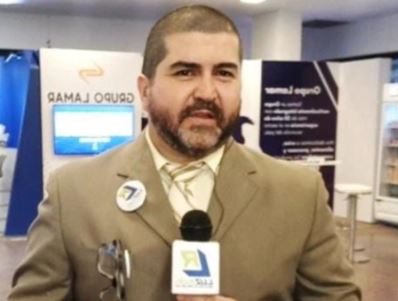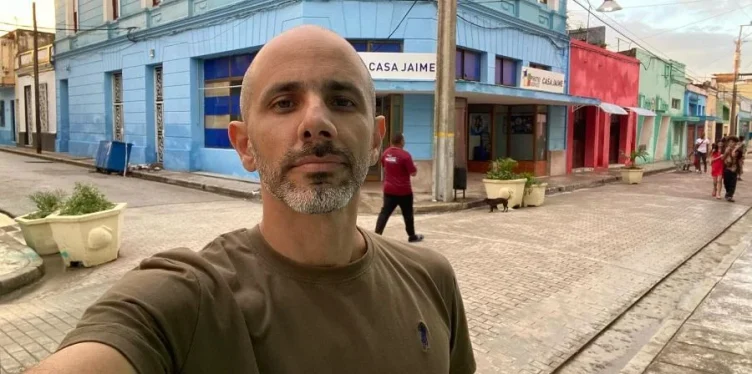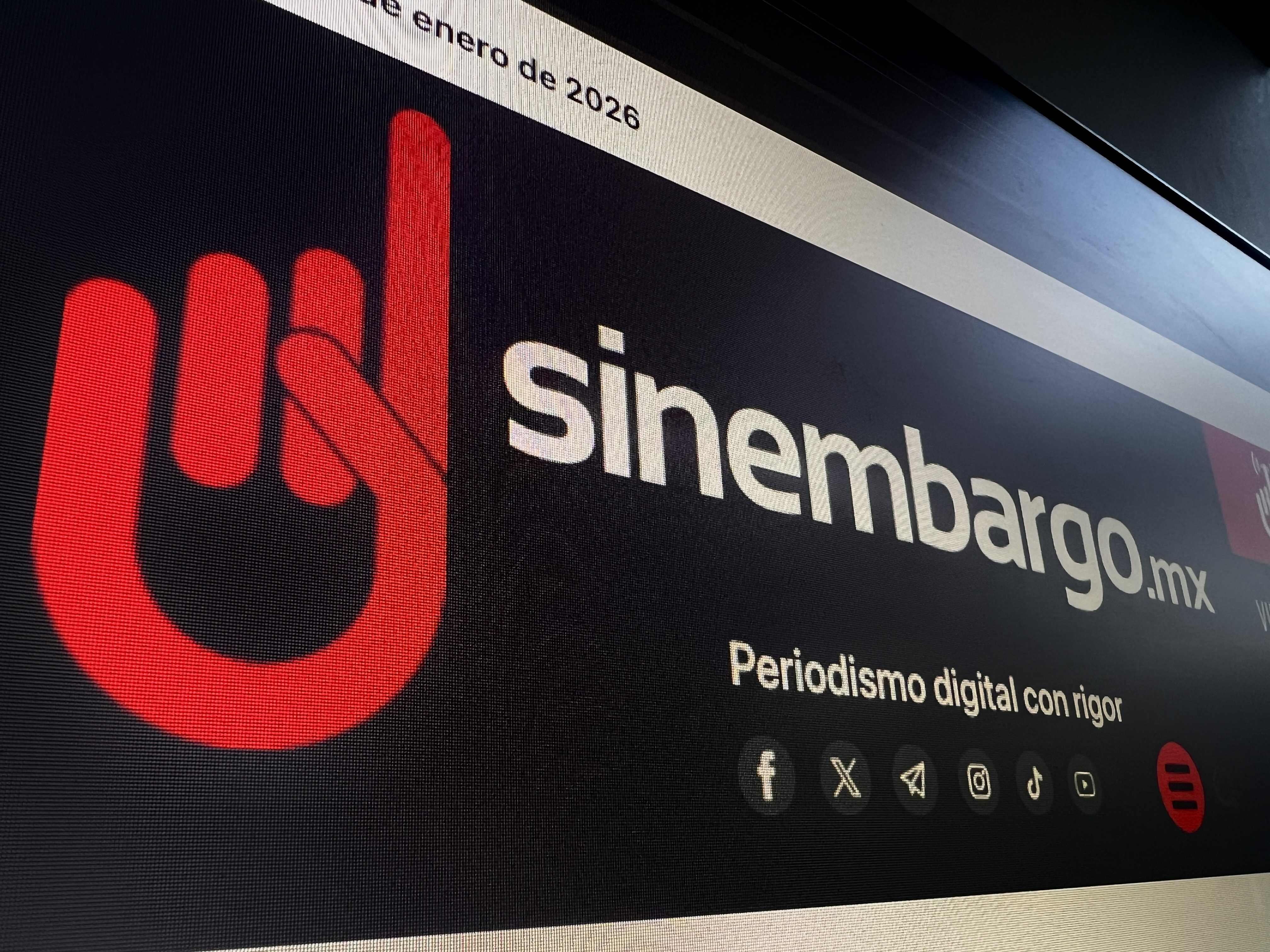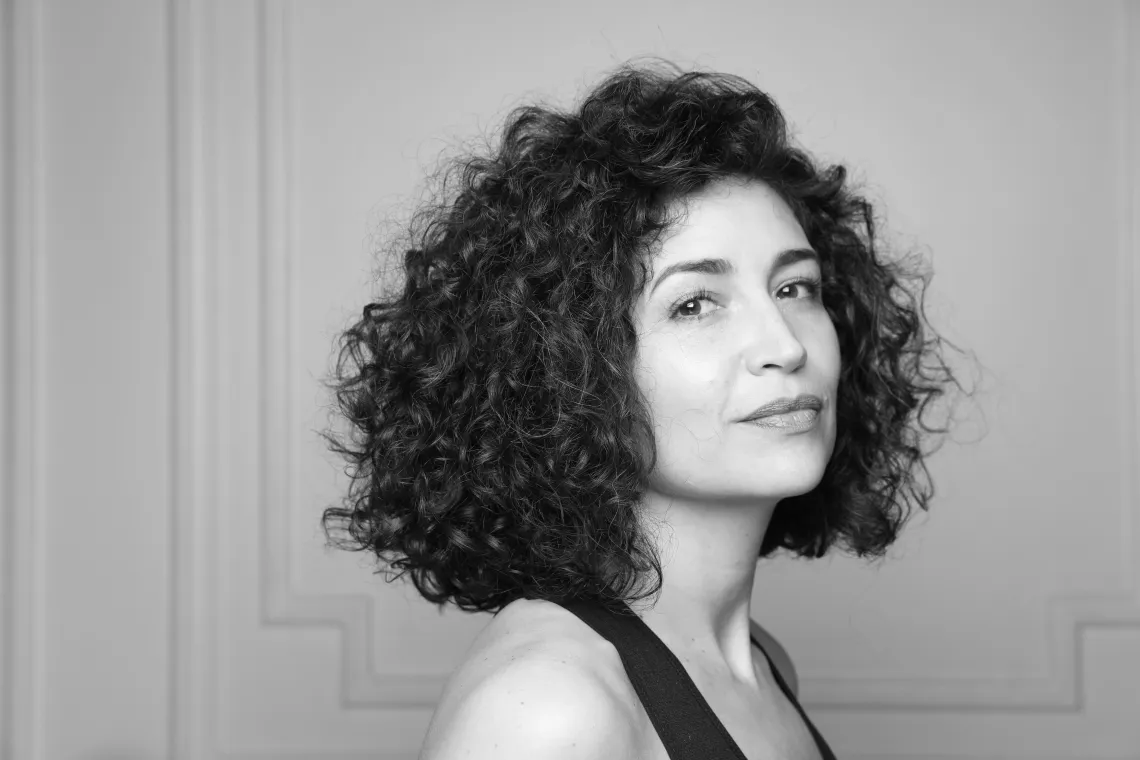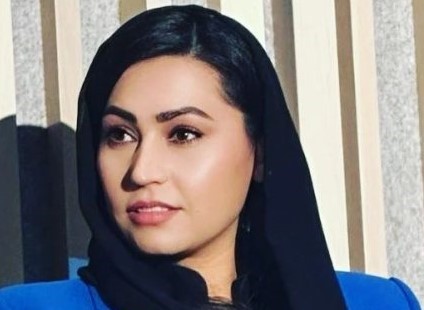
Afghan Journalists Stress Lifeline of Safe Refuge Media Freedom Coalition
January 15, 2025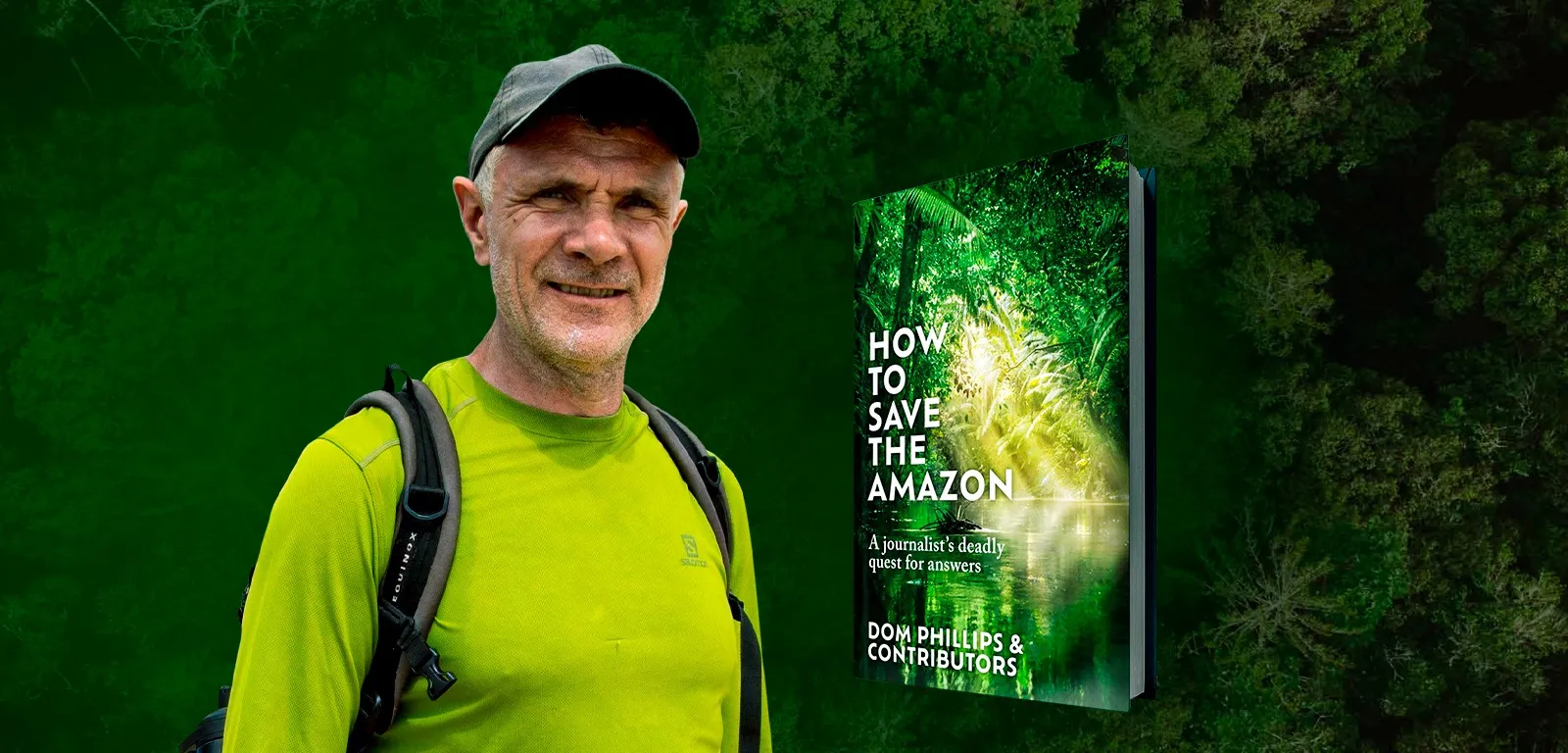
Dom Phillips’s Final Book, How to Save the Amazon, to Be Published Posthumously in May
January 16, 2025January 15, 2025 – Venezuela –
Venezuelan authorities detained journalist Leandro Palmar, news director of Luz Radio at the University of Zulia, and his assistant, Belises Salvador Cubillá,n while they were covering anti-government protests in Maracaibo. Both were arrested on January 9 while reporting on demonstrations linked to growing public discontent with President Nicolás Maduro’s government.
Just two days later, on January 11, a local court ordered their continued detention on preliminary charges of terrorism, conspiracy, incitement to hatred, and disturbing public order. Press freedom organizations and human rights advocates have strongly condemned the charges, describing them as politically motivated and part of a broader pattern of intimidation against journalists.
According to the Committee to Protect Journalists (CPJ), Venezuela is increasingly using anti-terrorism and public order laws to target members of the press. Cristina Zahar, CPJ’s Latin America coordinator, said the case is part of a strategy “to prevent citizens from being informed about the government’s abuses.” The journalists were denied the right to appoint private legal representation and instead were assigned state attorneys, a move seen by many as an attempt to undermine their defense.
Data from the Institute for Press and Society (IPYS) indicates that 11 of the 16 journalists detained in Venezuela since 2024 have faced terrorism-related charges. These laws, critics argue, are being weaponized to suppress dissent and criminalize independent reporting.
The arrests occurred amid a larger government campaign—referred to as “Operation Tun Tun”—aimed at stifling opposition and protest through door-to-door arrests and harsh legal penalties. Human rights groups warn that these practices are contributing to a climate of fear and self-censorship among journalists, particularly those reporting on corruption or civil unrest.
Press freedom organizations, including CPJ and Venezuela’s National Association of Journalists (CNP), are calling for the immediate release of Palmar and Cubillán. They stress that journalism is not a crime, and that reporting on public demonstrations is a fundamental democratic right. The continued criminalization of the press in Venezuela underscores a deepening crisis for free expression in the country.
Reference –
Venezuela detains journalist covering anti-government protests on preliminary charge of terrorism
Journalists detained while covering opposition protest in Venezuela are charged with ‘terrorism’
Venezuela detains journalist covering anti-government protests on preliminary charge of terrorism

